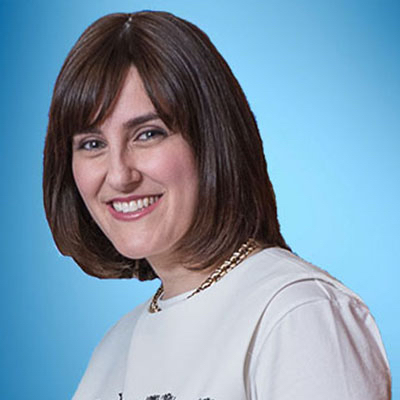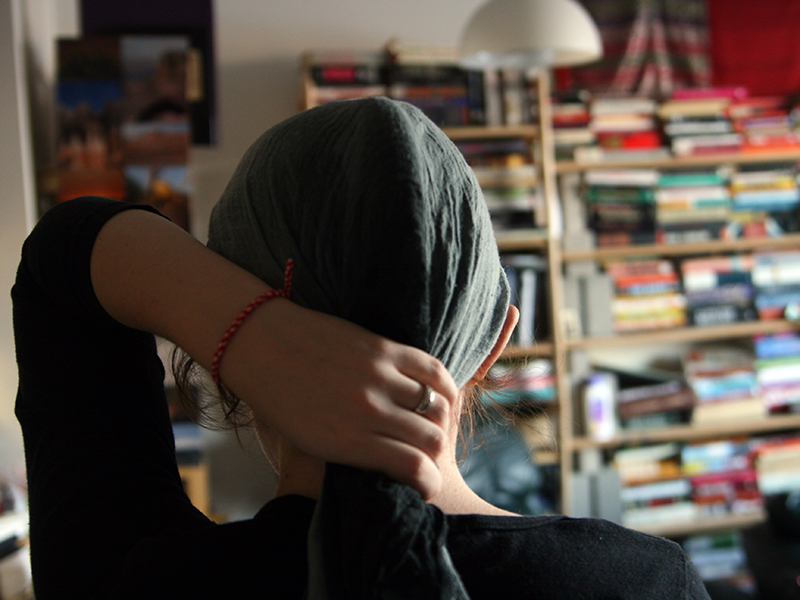Issues related to hilchot niddah (ritual laws of family purity) tend to be highly personal matters. Until recently, an Orthodox woman with halachic questions pertaining to menstruation or other areas of female health could only discuss such matters with a rabbi. However, many Orthodox communities around the world now have a new resource for women who feel more comfortable speaking to another woman about female health matters: yoatzot Halachah, female advisers who are highly trained in the rabbinic laws that apply to women’s health in such areas as sexuality, fertility and family planning.
This confidential service became available in Canada this summer through the Canadian Yoatzot Initiative (CYI), co-chaired by Rebecca Nadler, Marcia Schumacher and Blossom Rabinowitz.
Nadler said one of the initial challenges for CYI was finding funding to pay its two yoatzot Halachah, Rifka Sonenberg and Ora Ziring. That issue was taken care of when CYI was put in contact with Mizrachi Canada, a national modern Orthodox and religious Zionist umbrella organization that works closely with a network of Canadian community groups that include modern Orthodox synagogues and day schools.
“Mizrachi offered to provide the seed money,” said Nadler. “We liked the fact that it’s a community initiative.”
Rabbi Elan Mazer, national director of Mizrachi, said his organization became involved with CYI about a year ago, in response to a grassroots group of women wanting the service of a yoetzet Halachah in Canada. He said Mizrachi was the logical organization to help launch CYI, as it was a way of giving full access across Canada to a women’s program that originated in Israel.
READ: CONFERENCE AIMS TO EMPOWER ORTHODOX WOMEN
The training for yoatzot Halachah falls under the auspices of Nishmat, an Israel-based centre for Torah study for women. Nishmat established the Keren Ariel Women’s Halachic Institute, which runs a rigorous two-year program for women studying to become yoatzot Halachah.
CYI was able to launch relatively quickly because Sonenberg and Ziring had already completed this educational program.
There weren’t many options for women prior to CYI. “If they had questions, the rabbi knew the laws best,” said Nadler.
Even with this new avenue available to women, rabbis will not be cut out of the process entirely. Rabbi Mazer said that while yoatzot Halachah are extremely knowledgeable, they consult with Orthodox rabbinic authorities when they are approached with questions that require the attention of a posek (religious arbiter).
One of the other difficulties CYI has faced has been making the community aware of its existence. Initially, the committee organized informal information meetings to introduce people in the community to the yoatzot and to educate potential clients about their services.

Their efforts seem to be getting results, as Nadler said that the number of people using the service has been increasing every month since the summer.
Nadler said the laws of ritual impurity applied to both men and women in the days of the Temple, but they now mostly impact women, since menstruation is a source of ritual impurity.
During this period, women are considered halachically impure and sexual intercourse is forbidden.
Sexual relations can only be resumed once a woman has not bled for seven days and after she has immersed herself in a mikvah (ritual bath) to achieve ritual purity.
Nadler said if an issue arises that could affect a woman’s purity status, she can now discuss the matter confidentially with a yoetzet, who can be reached by phone or email.
The CYI website lists other questions about women’s health that may intersect with Halachah, such as postpartum and breastfeeding.
“The feedback we are getting is very positive,” Nadler said. “We’re hearing from men and women who say the service really seems to be enhancing family life.”





